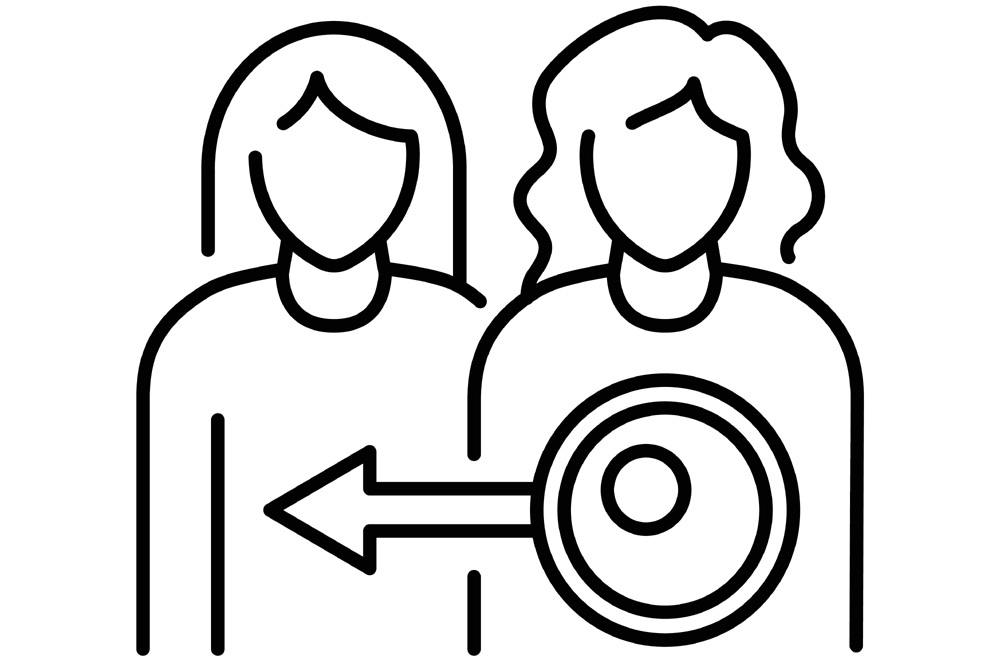Is It Safe to Be a Surrogate for HIV+ Intended Parents?

Surrogacy stands as a remarkable avenue for individuals or couples facing infertility or health challenges to embrace the gift of parenthood. Yet, when prospective parents are HIV-positive, it sparks critical discussions about the safety measures and ethical aspects concerning gestational surrogacy.
The landscape of HIV/AIDS has undergone profound transformations, notably due to advancements in medical science, particularly in antiretroviral therapy (ART). These breakthroughs have raised questions about the feasibility of HIV+ intended parents opting for gestational surrogacy while ensuring the safety of the gestational surrogate and the child.
The primary concern in gestational surrogacy involving HIV+ intended parents is the potential transmission of the virus during the process. Historically, HIV was a deterrent to assisted reproduction due to the high transmission risk. However, advancements in medical techniques, notably sperm washing, have changed the conversation.
Sperm washing is a crucial step in the process for HIV+ intended parents pursuing gestational surrogacy. This procedure involves separating the sperm from the seminal fluid, where the virus might be present. By meticulously washing and purifying the sperm sample, the concentration of HIV in the sperm is significantly reduced, making it safer for use in assisted reproductive techniques like in vitro fertilization (IVF).
The comprehensive approach to mitigate HIV transmission risks during gestational surrogacy includes:
-Medical Assessment: Thorough evaluation of the intended parents’ health, including regular monitoring of viral load and adherence to treatment, is fundamental in minimizing the risk of transmission.
–Sperm Washing: As HIV is spread through seminal fluid and not sperm itself, sperm washing allows the seminal fluid to be separated out. This critical step reduces the viral load in the sperm, making it considerably safer for use in assisted reproduction.
–Prevention Protocols: Additional measures, such as pre-exposure prophylaxis (PrEP) for the gestational surrogate and post-exposure prophylaxis (PEP) for the newborn, further diminish the risk of transmission.
-Legal and Ethical Framework: Clear legal agreements outlining roles, responsibilities, and protections for all parties involved are vital to ensuring transparency and safeguarding interests.
A study published in 2016 investigated the transmission of HIV through sperm washing procedures before in vitro fertilization (IVF) or intrauterine insemination (IUI).
This study analyzed data from a significant number of sperm washing procedures, (specifically 11,585) performed on samples from HIV-positive men. The research focused on the subsequent use of these processed sperm in nearly 4,000 women undergoing assisted reproductive procedures.
The key finding of this study was that despite the HIV-positive status of the male donors, there were no documented instances of HIV transmission to the women who received these processed sperm for assisted reproduction. This significant outcome underscored the effectiveness of sperm washing as a method to minimize the risk of HIV transmission during assisted reproductive procedures.
While sperm washing significantly reduces the risk, it’s essential to acknowledge that no medical procedure can guarantee zero risk. Gestational surrogates contemplating carrying a child for HIV+ intended parents should carefully assess the risks and benefits, supported by comprehensive medical information and assistance throughout the process.
The emotional and psychological support offered to both the gestational surrogate and intended parents remains crucial. Open communication, counseling, and support groups can be instrumental in navigating the emotional complexities that may arise during the gestational surrogacy journey.
In conclusion, sperm washing stands as a pivotal technique enabling HIV+ intended parents to pursue gestational surrogacy safely. With meticulous medical protocols, support systems, and ethical considerations in place, gestational surrogacy for HIV+ individuals can be a viable option for those yearning to experience the joys of parenthood.
To learn more about becoming an Elevate surrogate and how it affects you, please contact us directly and we will immediately be in touch. You can also apply to become an Elevate surrogate by completing our initial 2 minute online application.


